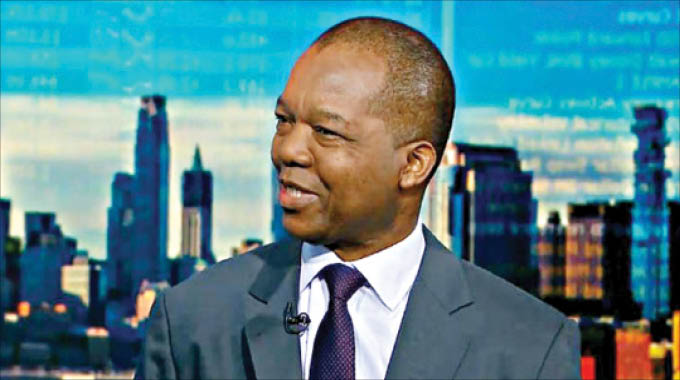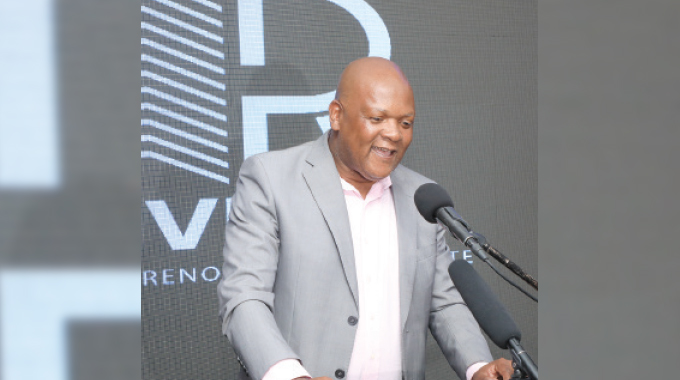RBZ hikes overnight rate

THE Reserve Bank of Zimbabwe (RBZ) on Friday hiked its key overnight accommodation rate by 20 percentage points to 70 percent as the central bank announced a raft of measures aimed at stabilising the economy.
In its mid-term monetary policy statement, the RBZ said the increase in the rate was in line with inflation and intended to stabilise the exchange rate.
“The bank’s rate for overnight borrowing has been revised upwards from 50 percent to 70 percent to take advantage of developments on inflation and exchange rate,” said RBZ Governor, Dr John Mangudya.
“The bank expects inflation to start declining after the current high inflation cycle ends, as attested by ebbing exchange rate depreciation pressures, following the removal of the multi-currency system.”
The policy announcement came three days after the appointment of a new central bank board and Monetary Policy Committee by Finance Minister, Professor Mthuli Ncube. Zimbabwe scrapped the multi-currency system in February, which saw the exchange rate unpegged from 1:1 to the green back to a floating rate via an interbank foreign exchange market, which has seen the local unit, the Zimbabwe dollar slide in value.
The local unit is currently trading at 12.9 to the greenback on the official market and around 15.5 on the unofficial market. A hike of the overnight rate is also expected to be followed by an increase in commercial bank interest rates, which the central bank has said helps curb flow of money to the parallel market.
Nearly US$800 million, which would have otherwise gone to the parallel market, has been traded on the interbank foreign exchange market since its introduction over six months ago. Dr Mangudya said the country’s monthly foreign currency receipts of around US$400 million, coupled with fiscal consolidation “should go a long way in stabilising the exchange rate and containing the pass-through effects of exchange rate depreciation to inflation.”
Measures would soon be introduced to ensure banks provide more credit to productive sectors to aid productivity, which will also create employment and boost exports, he said.
The central bank also hiked minimum capital requirements for commercial banks to ZWL$200 million by end of December 2020, up from $100 million, as part of measures to strengthen the financial sector. Dr Mangudya said the economy was transitioning and resultantly right sizing and measures so far put in place by Government have set the right conditions for a sustained economic recovery and growth.
“Right sizing the economy was, therefore, a necessary step to transform the economy towards a market based system, which is consistent with the national aspiration to become an upper middle income country by 2030,” he said.
The central bank, he said, will also ensure adequate supplies of local currency since its re-introduction to boost confidence in the unit and curb its trade on the parallel market.
“The cash injections will not result in an increase in money supply as banks will use their existing RTGS balances to exchange for cash,” he said.
The central bank also introduced United States dollar denominated savings bonds as part of moves to promote a savings culture. The US$ bonds, like the same instrument denominated in local currency, will have an annual interest rate of 7.5 percent and only have one year tenure. They will also have other special features such as liquid asset status, tax exemption, and are also accepted at the central bank as overnight accommodation. — New Ziana











Comments